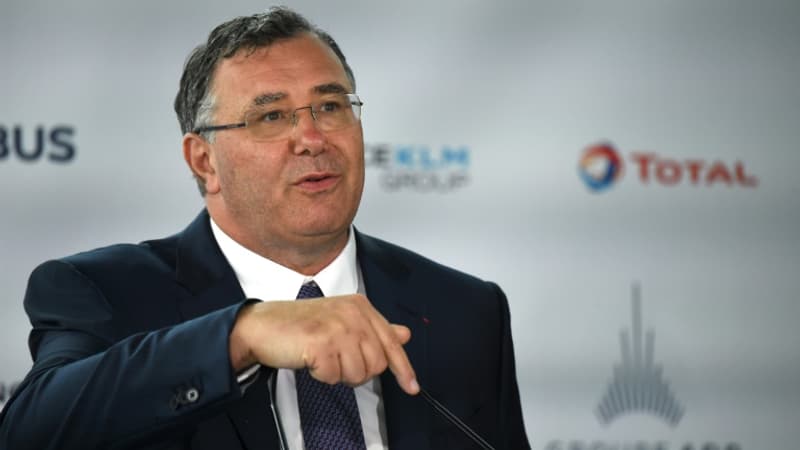TotalEnergies has begun drilling oil wells in Uganda as part of the Tilenga megaproject, denounced by environmental and human rights associations, we learned Tuesday from concordant sources. “In accordance with the development decision announced on February 1, 2022, the drilling of the Tilenga project wells began in July 2023 for a start of production in 2025,” the French group said.
Oil has already reached less than 2 kilometers deep
The drilling began “in the very heart of the Murchison Falls natural park, the oldest and largest protected natural area in Uganda”, lamented the associations Amis de la Terre France and Survie, “alerts again about the dangers of this project, which will supply the longest heated oil pipeline in the world”.
According to the Ugandan daily the independent, citing a Uganda Petroleum Authority (PAU) official on Thursday, oil has already been reached at a depth of just under 2 km. “As the ravages of climate change are felt more than ever, Total is pushing all imaginable limits by initiating oil extraction in one of the world’s most biodiverse places, the Albertine Graben in the Great Lakes region of Africa,” commented Juliette Renaud, Friends of the Earth France. And this while “according to the IPCC, no more new oil projects should be launched” if the world wants to respect the Paris agreement, she recalled.
A $10 billion investment deal
The project was the subject of a US$10 billion investment agreement between TotalEnergies, Uganda, Tanzania and the Chinese company CNOOC. It also includes the construction of a 1,443-kilometre oil pipeline (EACOP) linking the Lake Albert fields in western Uganda with the Indian Ocean coast of Tanzania.
His opponents denounce a deleterious project for the ecosystem of the region and its populations. In early July, Human Rights Watch called for it to stop, saying in a report that it had already “devastated the livelihoods of thousands of people.” TotalEnergies and its partners, for their part, ensure that they “place environmental and biodiversity issues, as well as the rights of the communities involved at the center of the project.”
Source: BFM TV


